Autonomy is inseparable from the legitimate rights of learners.
Speaking at the National Assembly on the draft Law on Higher Education (amended) on the afternoon of November 20, delegate Nguyen Thi Thuy (Thai Nguyen delegation) said she highly appreciated the reform spirit of the draft Law on Higher Education, but based on a specific incident that occurred in early June, she suggested that many regulations should be added to ensure that university autonomy does not harm the rights of learners.
According to the delegate, with only 20 days left before the 2025 high school graduation exam, many schools suddenly announced that they would stop recruiting for the C00 group (literature - history - geography).
"A series of newspapers at that time published headlines like 'many universities abandon block C00', causing tens of thousands of candidates and their families to fall into a state of confusion," she recalled.
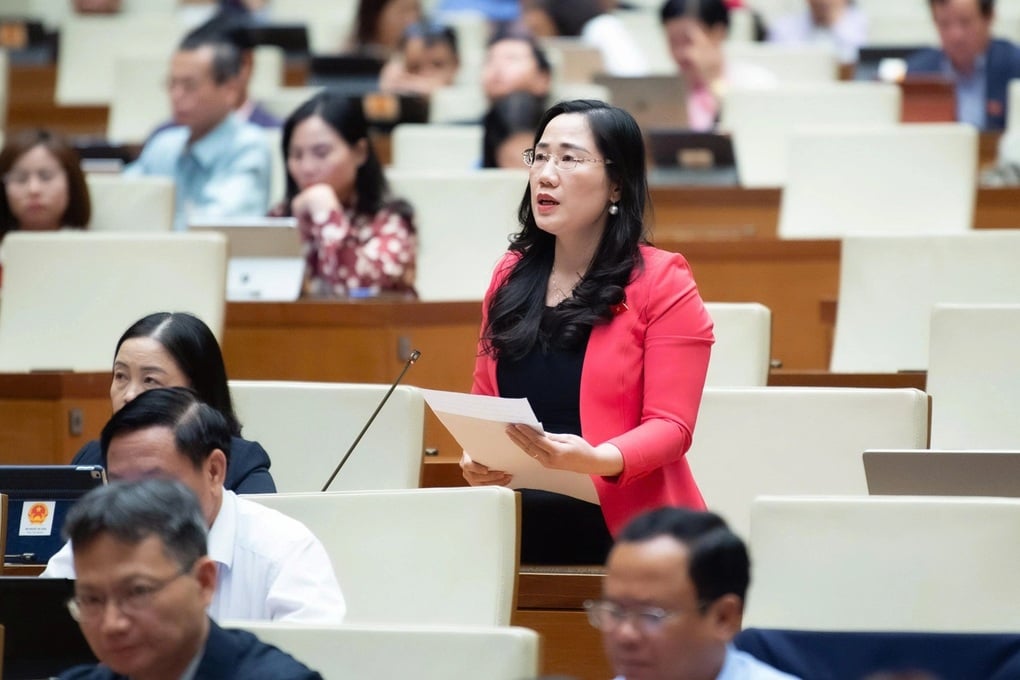
Delegate Nguyen Thi Thuy, Thai Nguyen delegation (Photo: Media QH).
The delegate emphasized that this is the first batch of students taking the exam according to the 2018 General Education Program, and they have to adapt to both the new learning methods and the new exam format. Many students have been studying for the C00 combination very early, even studying late at night until 1 or 2 am to pursue their favorite majors. When schools suddenly stopped recruiting, candidates were forced to change schools, majors, or switch to other combinations, while the exam was less than three weeks away - a huge risk.
"We promote university autonomy, but autonomy must be implemented within a time limit and with a reasonable roadmap, avoiding affecting the legitimate rights of learners. We cannot go against the learner-centered philosophy," she stated.
Delegate Thuy acknowledged that the Ministry of Education and Training had intervened promptly and requested schools to explain. Based on this reality, she proposed three major recommendations to complete the draft law.
Firstly, it is necessary to supplement the principle in Chapter II: respecting the autonomy of universities but at the same time ensuring the legitimate rights of candidates - an element that is lacking in the current law.
Second, in Article 6, the draft only stipulates the Ministry's responsibility in developing regulations, but does not clearly stipulate the responsibility for state management when schools give unfounded explanations. She proposed to supplement the Ministry's authority in cases like the recent incident.
Third, the draft regulation stipulates that when adjusting admission methods, there must be an appropriate roadmap, but the Ministry has not yet been assigned specific instructions. Circular 08/2022 once stipulated this content, but Circular 06/2025 removed it, causing schools to believe that they "did not violate the law or the circular". Delegates proposed adding a regulation assigning the Ministry to issue detailed instructions to avoid legal gaps.
"When implementing autonomy, schools have the right to make decisions but must not harm the rights and opportunities of candidates," the delegate emphasized.
Autonomy with accountability
Many National Assembly deputies also believe that autonomy must go hand in hand with accountability.
Delegate Mai Van Hai (Thanh Hoa delegation) said that the draft has not clearly defined the accountability of private higher education institutions in their relationship with investors.
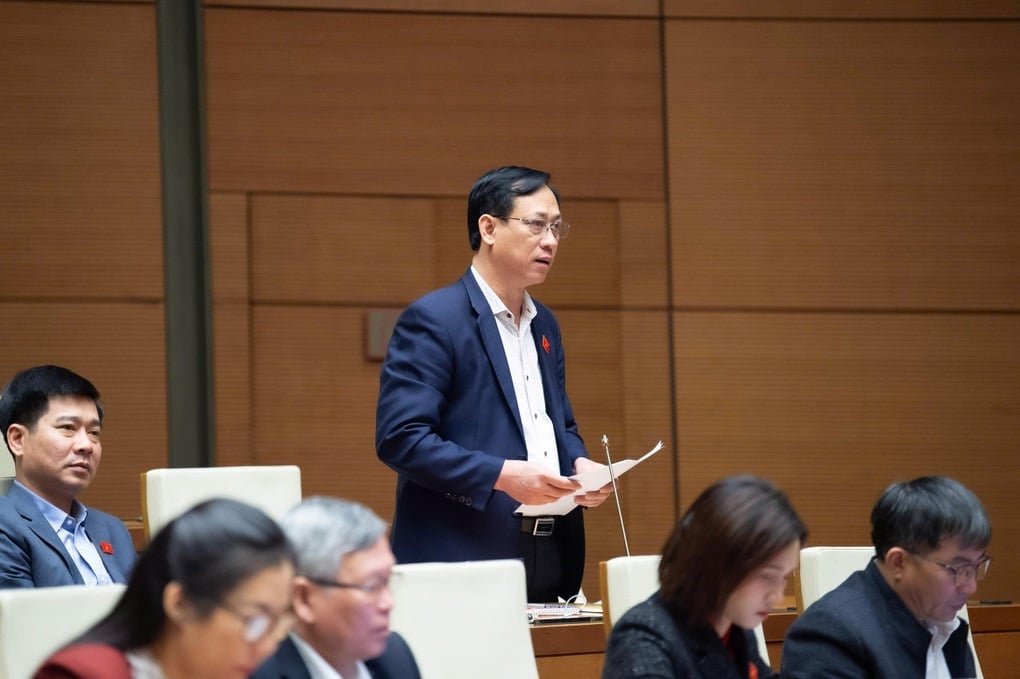
Delegate Mai Van Hai, Thanh Hoa delegation (Photo: Media QH).
He proposed to amend the direction that schools must carry out the mission and development strategy approved by the direct management agency for public schools, or approved by investors for private schools, in accordance with the general university education strategy.
At the same time, investors must publicize their financial capacity, capital sources, implementation of investment commitments and efficiency in resource use, to ensure sustainability and transparency in the operations of private higher education institutions.
According to him, current regulations still lack quantitative criteria to determine the level of autonomy of higher education institutions. Delegates suggested that a set of criteria should be developed to assess autonomy capacity, especially in two core areas: finance and human resource organization.
Along with that, when implementing autonomy, higher education institutions need to have an effective internal control system, an independent audit mechanism and carry out periodic and public reporting to ensure transparency. He also emphasized the need to clarify the relationship between the autonomy of the school and the management rights of the State, the Ministry and local authorities, avoiding misunderstanding autonomy as "absolute freedom".
Source: https://dantri.com.vn/giao-duc/dai-bieu-len-tieng-viec-nhieu-truong-bat-ngo-bo-xet-tuyen-khoi-c00-20251120180840952.htm








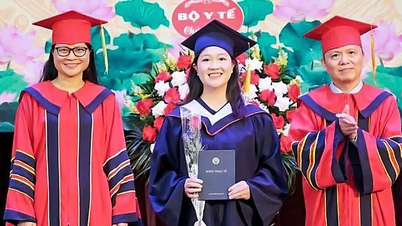

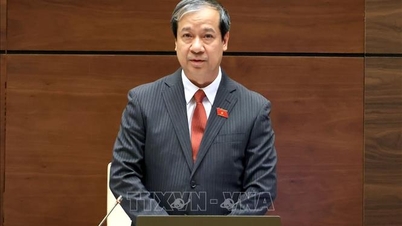

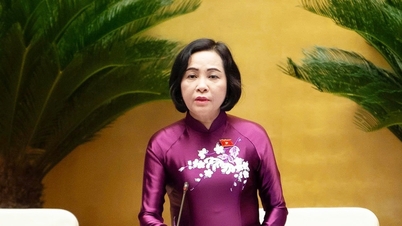

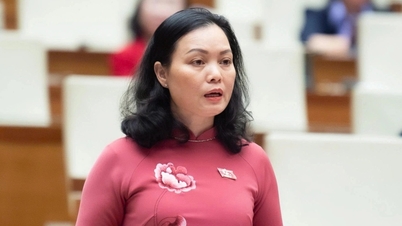
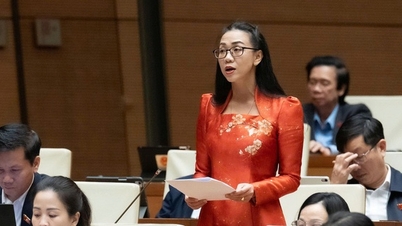

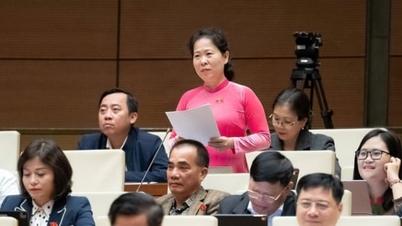





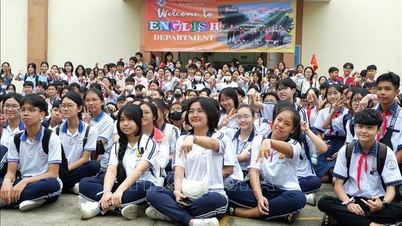
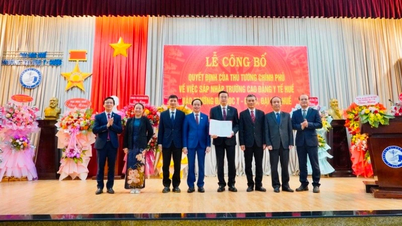

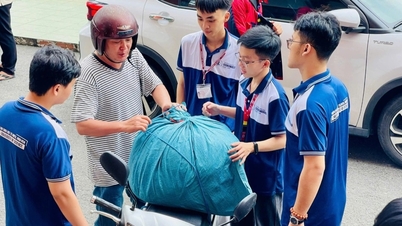






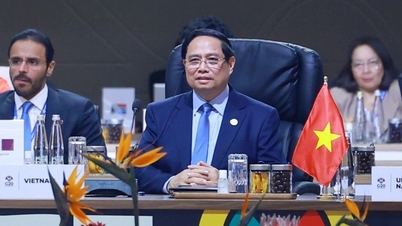











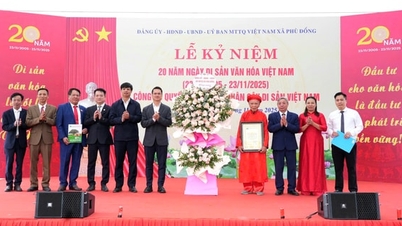





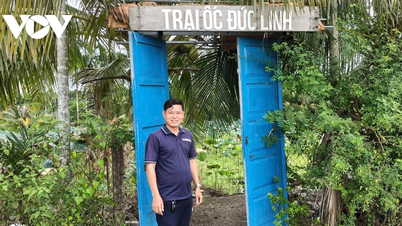

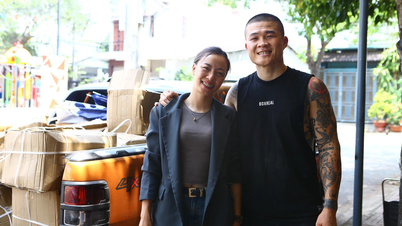



















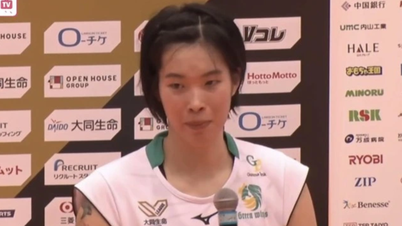


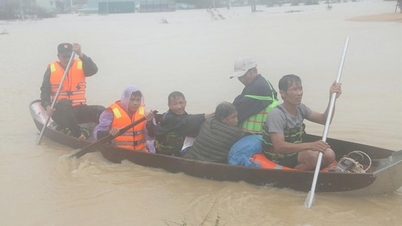



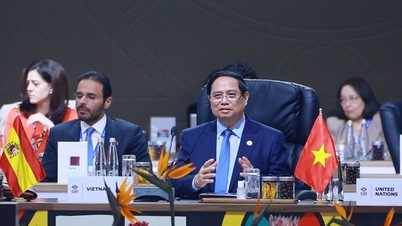





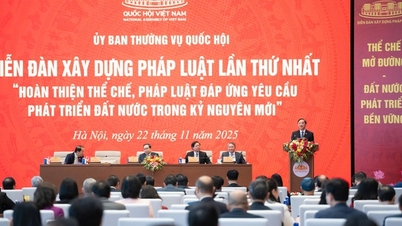

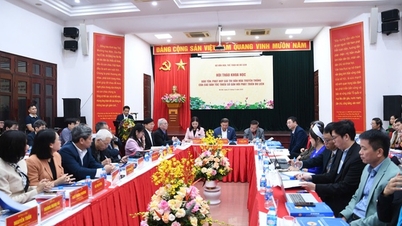


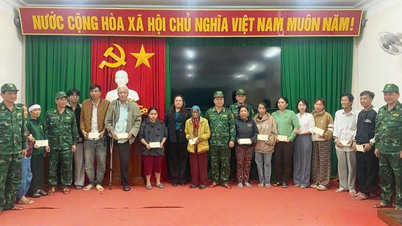
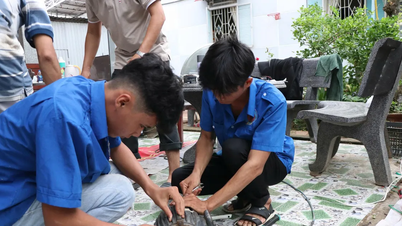

















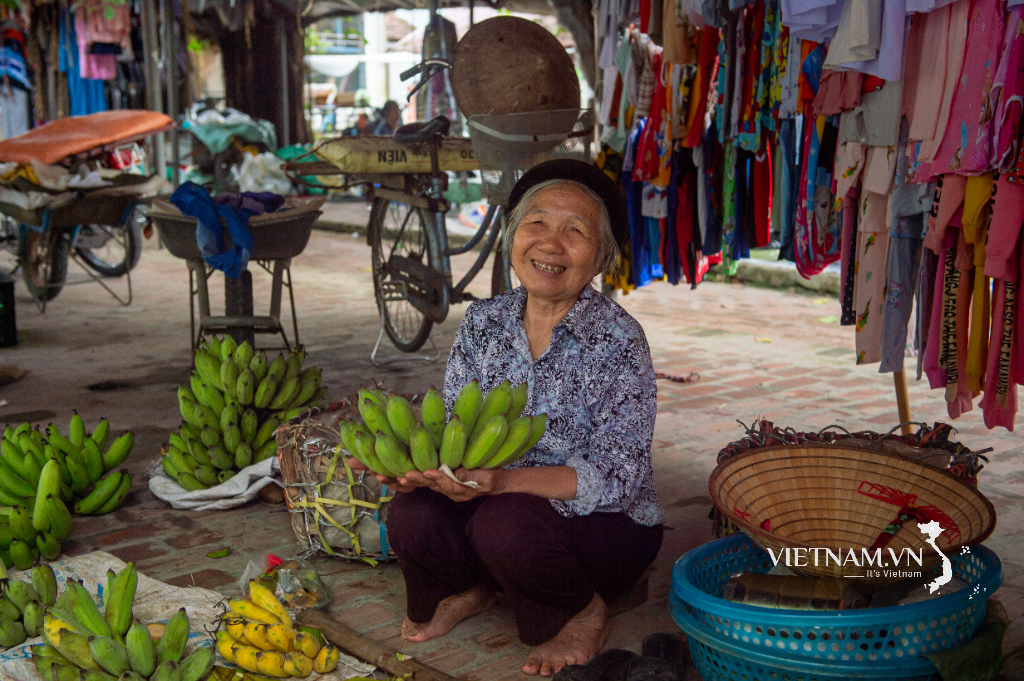

Comment (0)